01/08/2025
01/08/2025
KUWAIT CITY, Aug 1: On August 2nd, Kuwait commemorates the 35th anniversary of the Iraqi invasion—an event that not only marked a dark chapter in the nation’s history but also rallied the international community in a unified effort to liberate the country from occupation. The brutal invasion by Iraqi forces in 1990 drew widespread global condemnation, with many nations denouncing the act as a grave violation of international law and a heinous assault on Kuwait’s sovereignty. The aggression resulted in widespread death, destruction, and human suffering for the peaceful people of Kuwait.
Those who lived through the invasion vividly recall the chaos unleashed by the Iraqi military—major roads were blocked, infrastructure was destroyed, and homes and properties were ravaged, leaving civilians to endure unimaginable hardships. Yet, amid this turmoil, Kuwaitis stood resilient. Citizens rose in defiance, forming resistance movements to fight back and support their homeland’s liberation. Kuwaiti women played a vital role in this resistance, delivering supplies and weapons, and even participating directly in military operations alongside men.
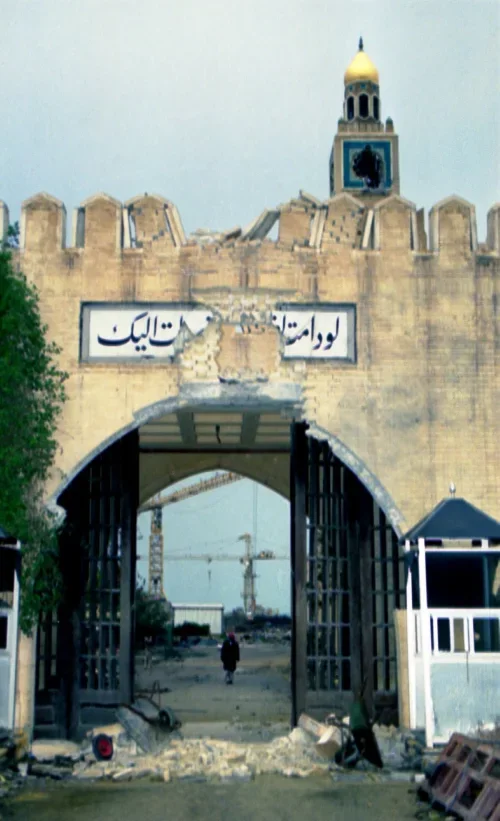
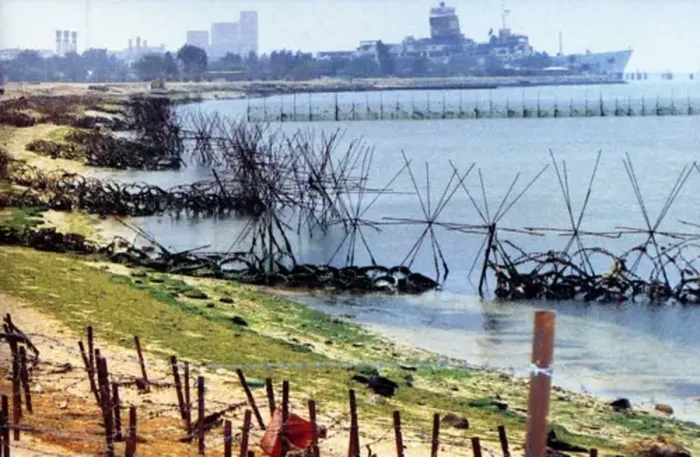
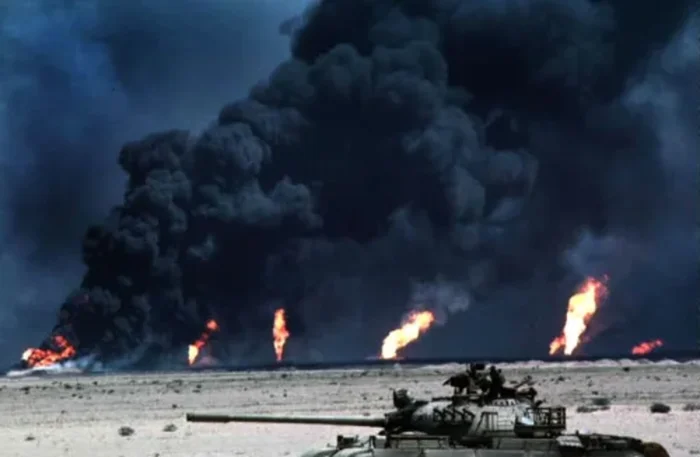
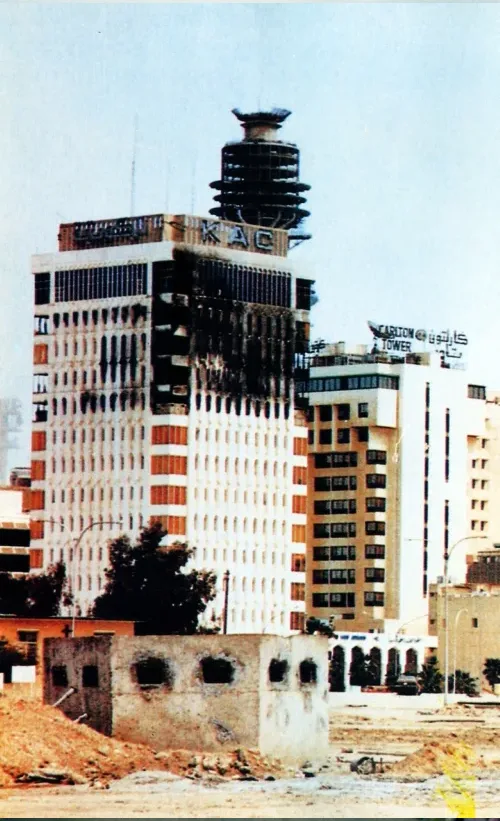
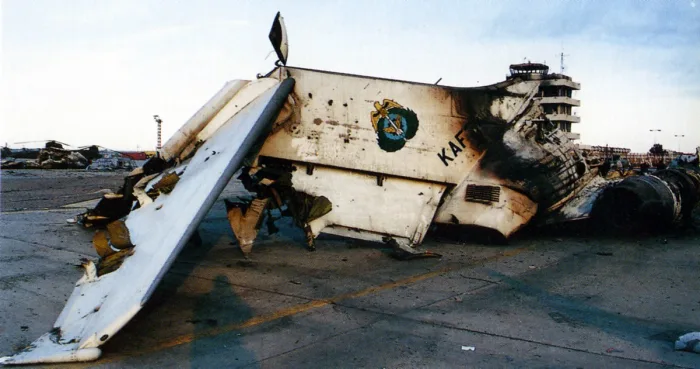

Both Kuwaitis and expatriates joined forces in forming underground networks that provided essential services, resisted the occupiers, and helped maintain a spirit of unity and determination. While the resistance unfolded on the ground, Kuwait’s leadership—under the late Amir Sheikh Jaber Al-Ahmad Al-Jaber Al-Sabah and Crown Prince and Prime Minister Sheikh Saad Al-Abdullah Al-Salem Al-Sabah—worked tirelessly on the international stage to rally support for the country’s liberation.
On August 2, 1990, the United Nations Security Council passed Resolution 660, condemning the invasion and demanding Iraq’s immediate and unconditional withdrawal. The resolution also called for urgent negotiations and endorsed efforts by the League of Arab States to resolve the crisis. Following the resolution, Arab and international leaders convened in Saudi Arabia to form a coalition, which successfully liberated Kuwait in February 1991.
Kuwait’s longstanding reputation as a peaceful and generous nation since gaining independence helped garner widespread global support for its cause. Today, as the country reflects on its past, it also honors the resilience of its people, the sacrifices made by countless individuals, and the enduring value of international unity in the face of aggression.


